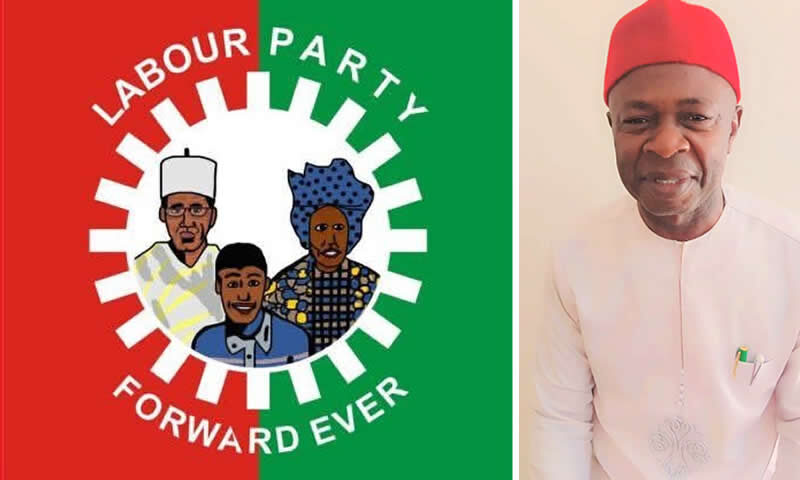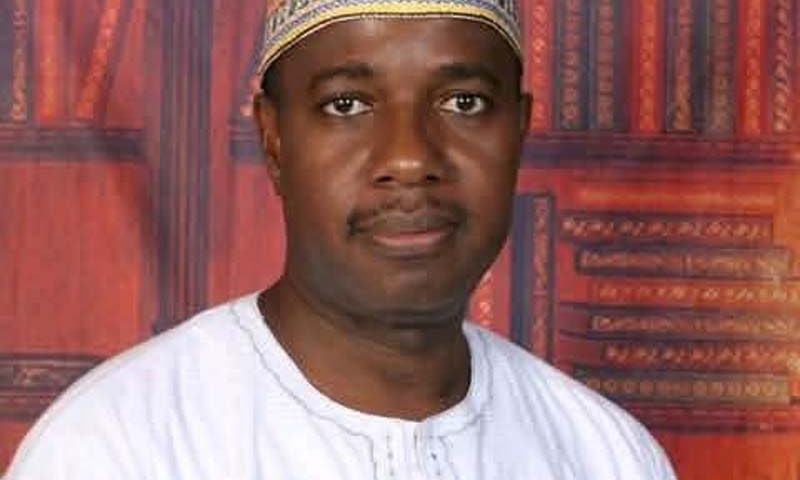“The truth is, Nigeria has a revenue problem. Despite being Africa’s largest economy, we remain perilously dependent on oil revenues and external borrowing”
When President Bola Ahmed Tinubu assumed office, expectations were high that his administration would usher in a new era of fiscal prudence and economic reform. Yet nearly a year in, Nigeria’s debt profile continues to grow — with the government seeking approval for an eye-watering $21 billion in new loans. This comes even as two of Nigeria’s top anti-graft agencies — the Economic and Financial Crimes Commission (EFCC) and the Independent Corrupt Practices Commission (ICPC) — have reportedly recovered over ₦1.2 trillion in looted or misappropriated funds.
The contradiction is glaring. If we are truly retrieving the proceeds of corruption, why does the government still need to borrow at this scale?
The EFCC recently announced recoveries amounting to ₦967.5 billion, while the ICPC reported an additional ₦277 billion. These are staggering figures by any measure, especially in a country battling widespread poverty, infrastructural decay, and an ever-ballooning debt burden.
So, Where’s the Disconnect?
One might assume that such massive recoveries would provide the government with enough fiscal room to avoid additional borrowing, at least in the short term. However, several structural realities — and political questions — undermine that assumption.
First, not all recovered funds are immediately liquid. A large portion is tied up in non-cash assets: seized properties, vehicles, or frozen accounts pending court judgments. In some cases, the process of converting these assets into usable funds can take years due to legal bottlenecks, bureaucratic inertia, and — let’s admit — political interference.
Second, even when funds are recovered in cash, there is a lack of transparency in how they are integrated into the national budget. Who tracks these inflows? Who decides how they’re spent? Are they routed through the Consolidated Revenue Fund or re-absorbed into agency accounts? The opacity surrounding these processes makes it difficult for Nigerians to see tangible benefits from recovered funds.
WHY IS THE GOVERNMENT BORROWING?
According to the Tinubu administration, the new $21 billion borrowing plan is necessary to fund critical infrastructure projects, stabilize the economy, and meet pressing social obligations. On the surface, these are legitimate needs. Nigeria’s roads, power grid, healthcare systems, and schools are in dire need of investment.
But these arguments fall flat without accompanying fiscal discipline and clarity on resource management.
The truth is, Nigeria has a revenue problem. Despite being Africa’s largest economy, we remain perilously dependent on oil revenues and external borrowing. Tax revenues are abysmally low relative to GDP, and attempts to expand the tax net have often been met with resistance, especially in a struggling economy.
More troubling is the continued trend of borrowing to fund recurrent expenditure — particularly bloated administrative costs and subsidies that benefit few. If borrowings are not matched by growth-stimulating investment, they become a recipe for deeper crisis.
ACCOUNTABILITY AND PUBLIC DISTRUST
Nigerians are growing weary. They watch billions recovered from thieves of state, only to hear weeks later that the same government is borrowing more — sometimes from the very countries that lecture us on corruption.
This duality fuels public anger and erodes trust. If we are recovering money from past corruption, why don’t we see better hospitals, schools, or roads? Why are pensions unpaid? Why is youth unemployment still staggering?
The burden of accountability lies squarely on the Tinubu administration. If it genuinely wants to chart a different course, it must do the following:
1. Publish a detailed report on recovered funds and their allocation.
2. Enact a Recovery Fund Act that mandates how such funds should be utilized — with legislative oversight and public transparency.
3. Freeze new borrowing unless it can be demonstrated that recovered funds have been fully exhausted or ring-fenced for specific purposes.
4. Invest in asset liquidation reform to accelerate the conversion of seized properties into usable cash.
5. Audit all foreign loans taken since 2015 and publish performance evaluations of the projects they funded.
Nigeria cannot borrow its way into prosperity — especially while hemorrhaging funds through corruption, mismanagement, and inefficiency. Recovered monies should serve as a financial lifeline, not a symbolic gesture. They must be seen and felt in the lives of ordinary Nigerians.
If President Tinubu’s administration is serious about building a legacy of fiscal reform and national renewal, it must stop speaking from both sides of its mouth. Nigerians deserve to know: If we’ve recovered ₦1.2 trillion, why do we still need to borrow $21 billion?
Until that question is credibly answered, every new loan becomes not just a fiscal liability — but a moral one.






